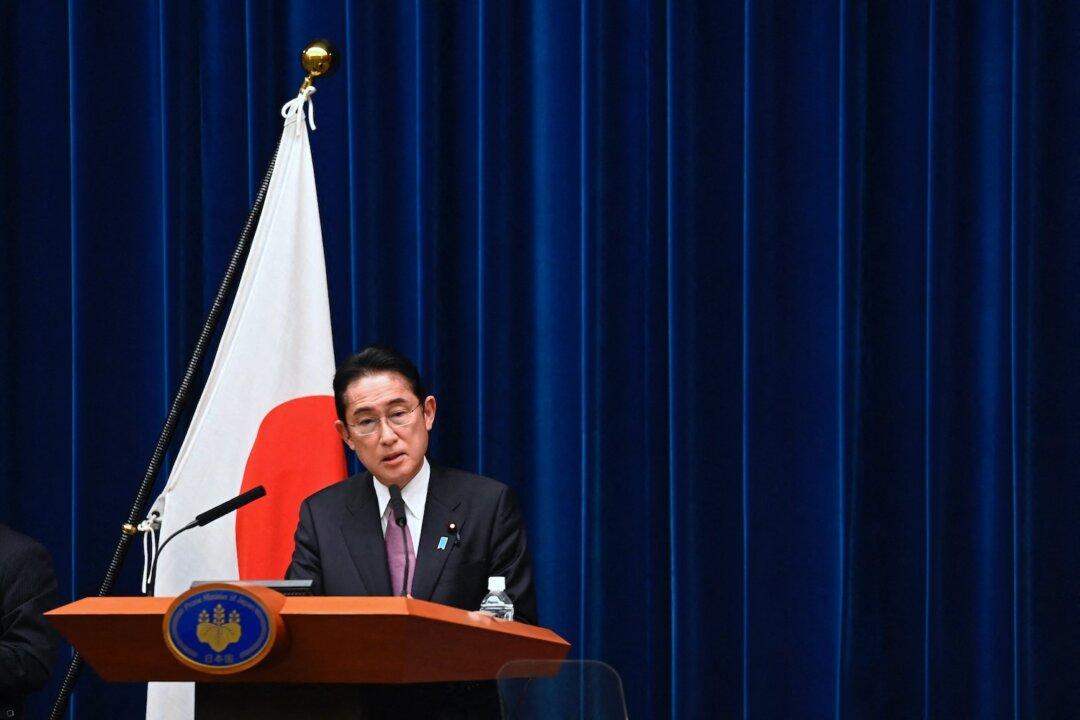Japan will cease to function as a society if its birth rate continues to decline, Prime Minister Fumio Kishida said on Monday, urging his government to create a “children-first economic society”.
“Japan is at a critical point of whether we can continue to function as a society. Focusing on policies regarding children and child-rearing is an issue that cannot be postponed,” Kishida said at a parliament session.





